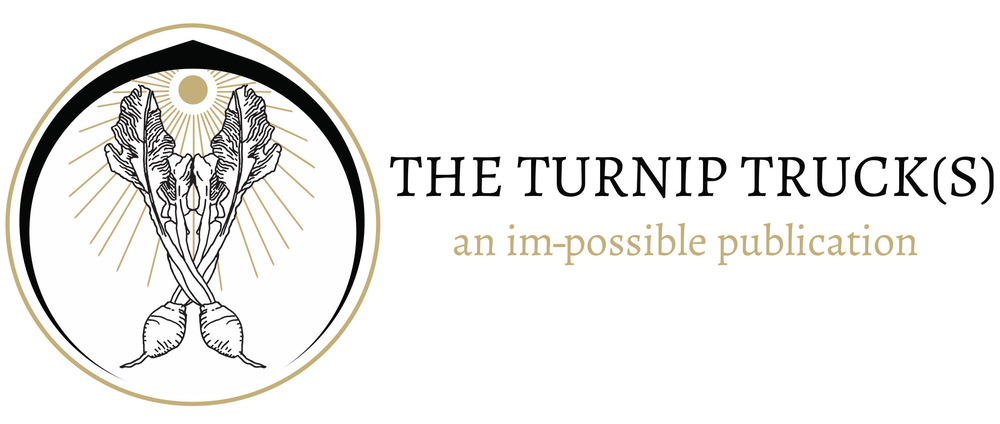In 2010, a poll worker refused Minnesota resident Andy Cilek the right to vote because he was wearing a t-shirt with the Tea Party Logo and a pin that read “Please I.D. Me.” At the time, Minnesota upheld the 1912 law that prohibited voters from wearing political clothing at the polls in an effort to eliminate the rowdy electioneering 19th-century voters endured. Cilek returned to the polls a third time with his lawyer and was ultimately allowed to vote, and The United States Supreme Court overturned the 1912 law in June 2018. While overturning the law was a win for freedom of speech, Sonia Sotomayor and Stephen Breyer, dissented, suggested they give Minnesota the opportunity to outline the law’s parameters more clearly, as the 1992 court decision states that speech can be limited if it poses a threat to free voting. Sotomayor added that the "please I.D. me" pin could intimidate people by implying Minnesotans needed identification to vote.
So why did the court rule 7-2 in favor of overturning the law? The law was too broad. Judge Alito argued that what is deemed political is in the eye of the beholder and too difficult to enforce. For example, in 2012, a Denver voter wearing an M.I.T. (Massachusetts Institute of Technology) shirt was stopped by a poll worker who believed she was electioneering for Mitt Romney. There are many similar cases.
So what does this mean for election day? It means everyone can exercise their freedom of speech and their freedom to vote, but perhaps everyone should follow the unwritten code of conduct or golden rule: Do unto others as you would want others to do unto you.
In other words, don’t be a d-bag like the Shameless character Frank Gallagher, who uses a small army of white men in t-shirts that read “White Man” to intimidate Latinos and Blacks away from the polls. Who is the man Frank is campaigning for? A pedophile named “Mo White.”


